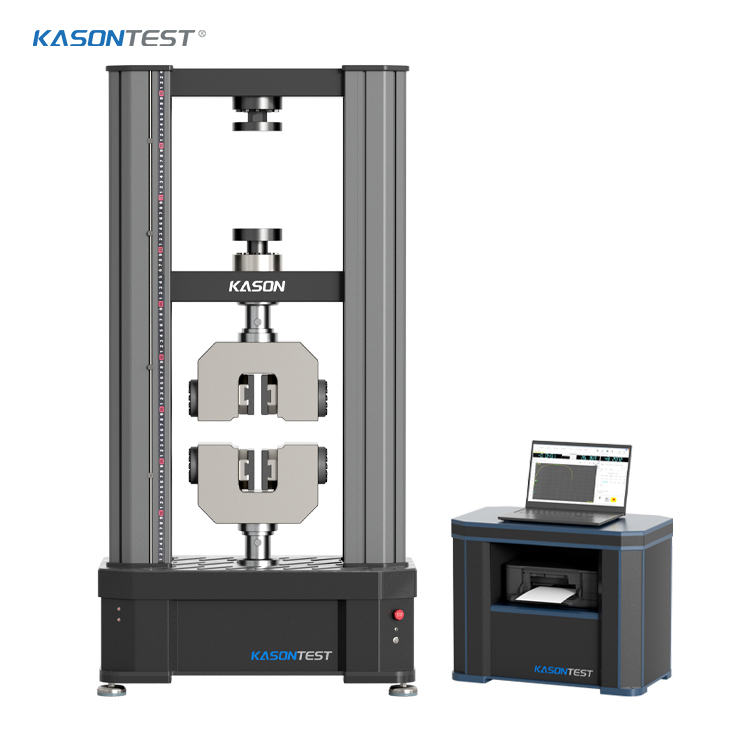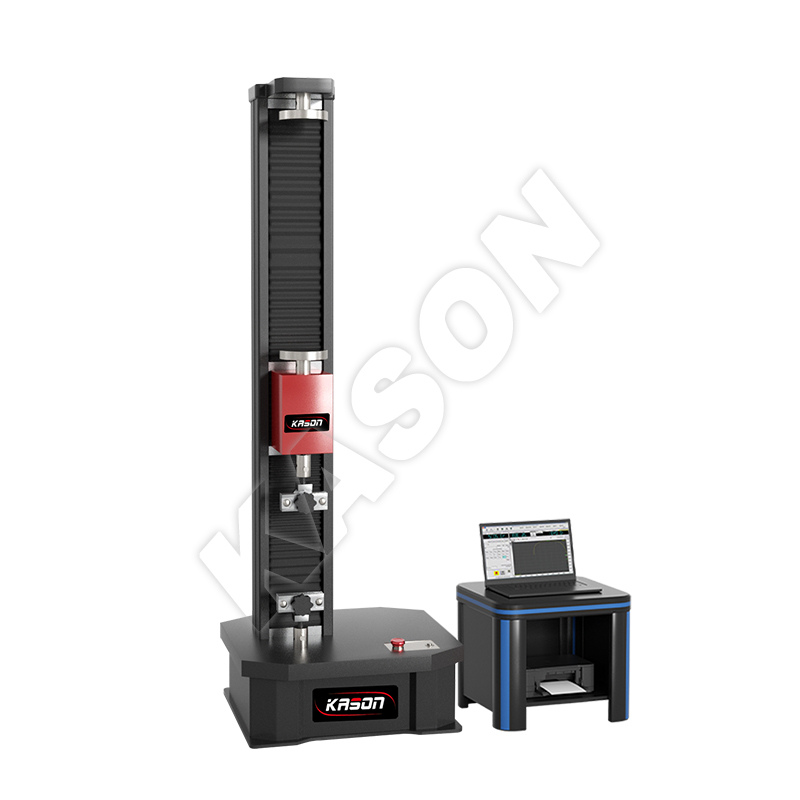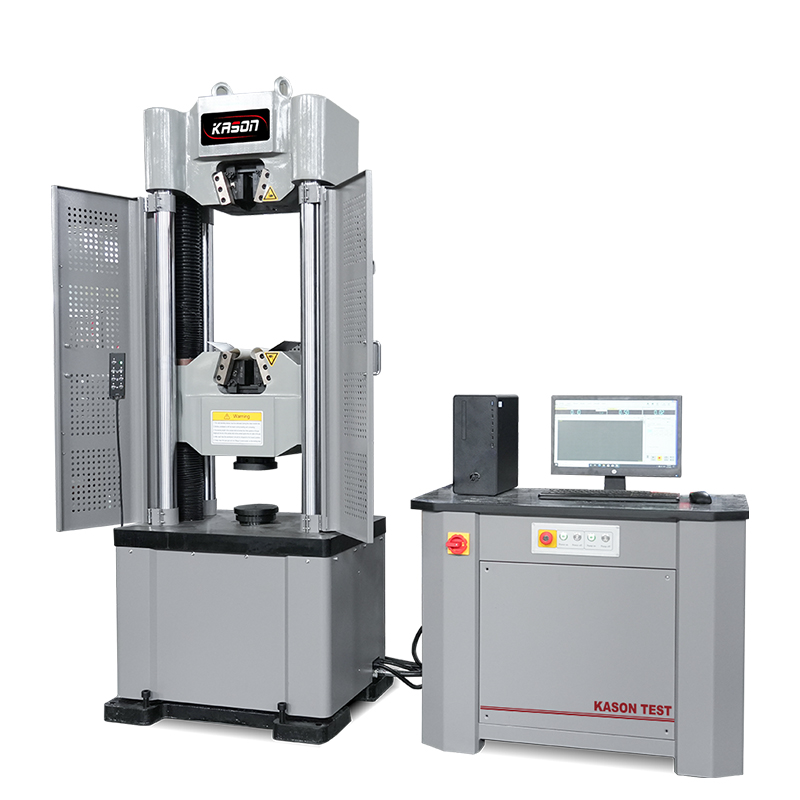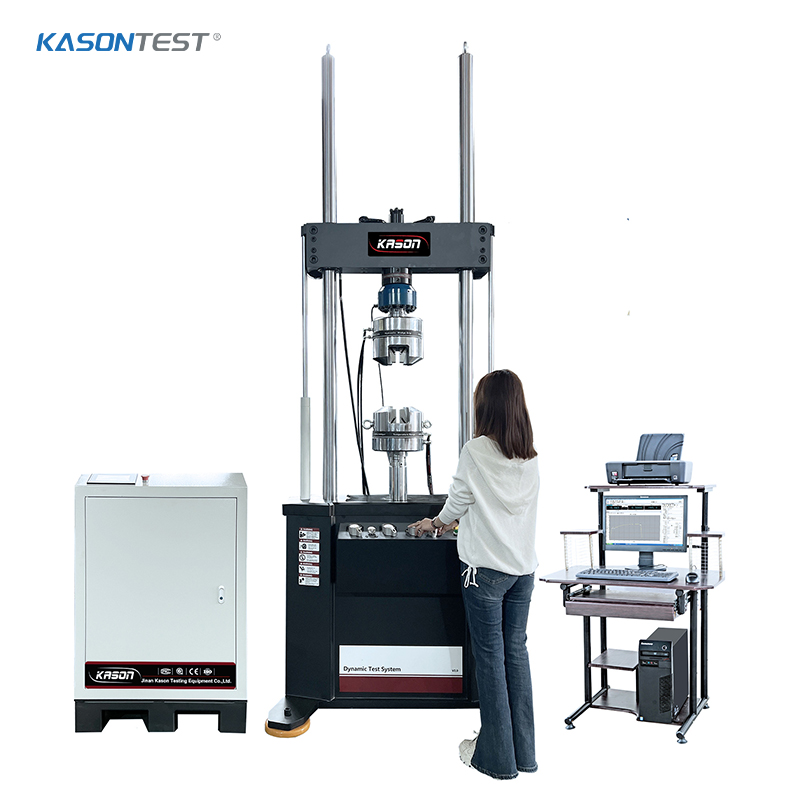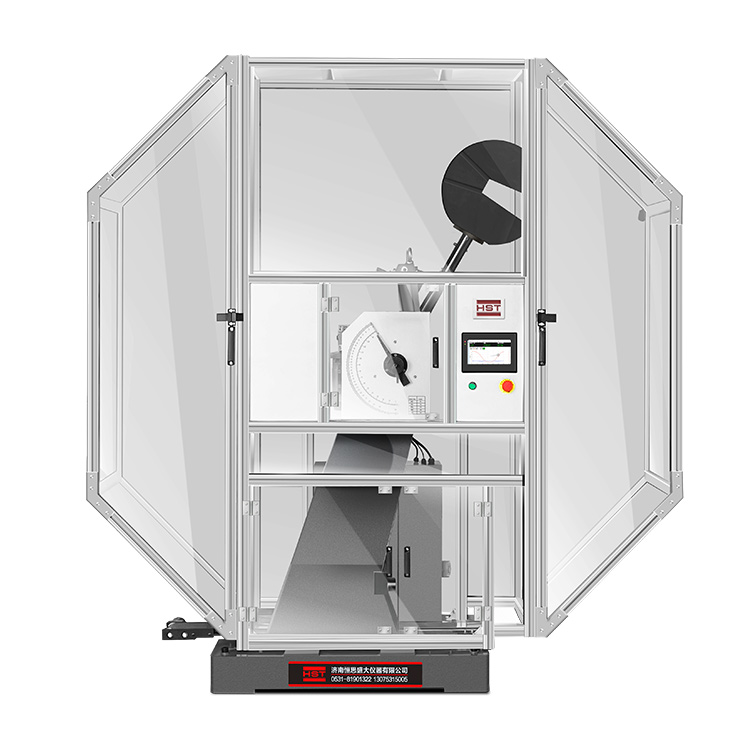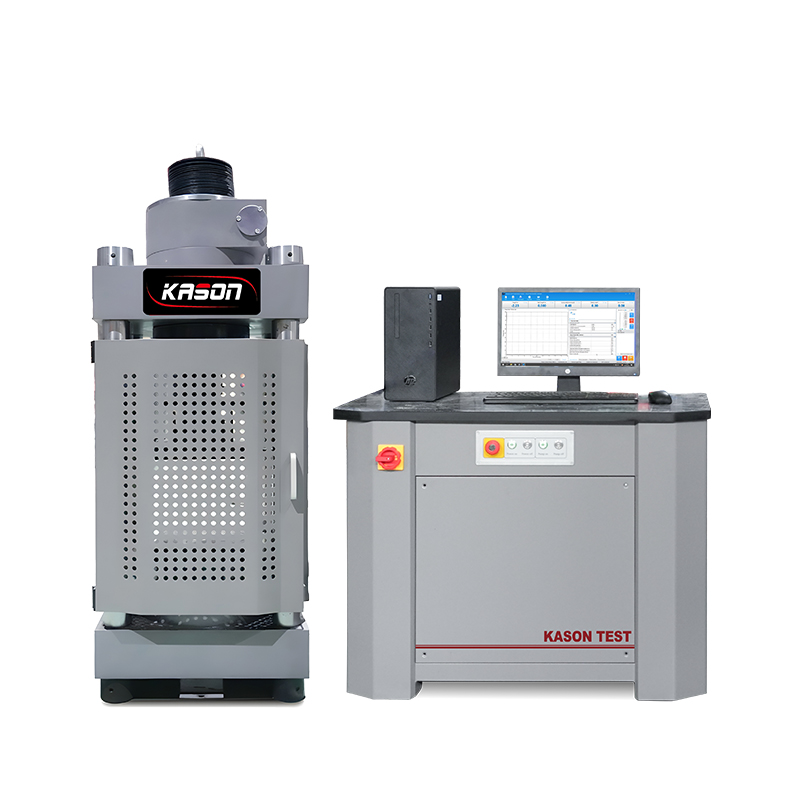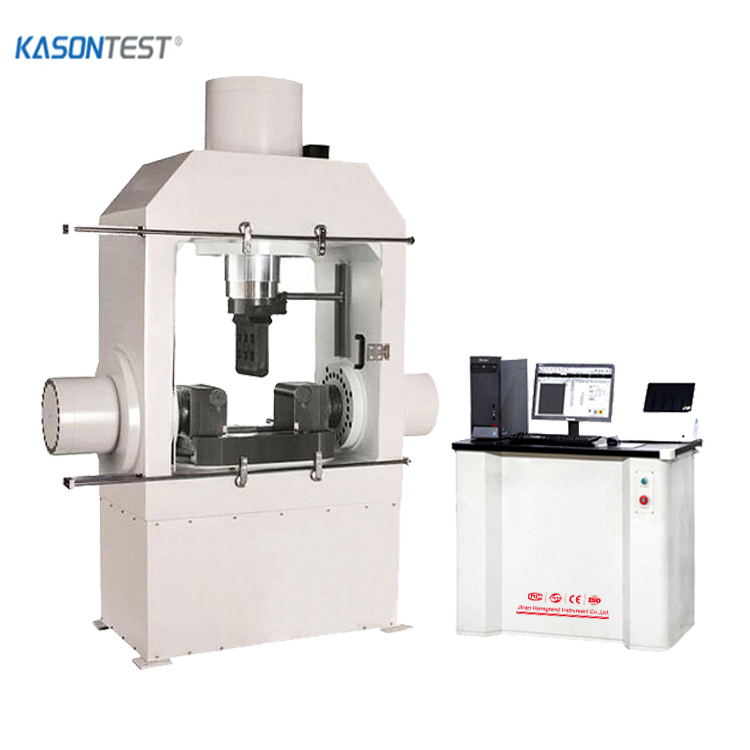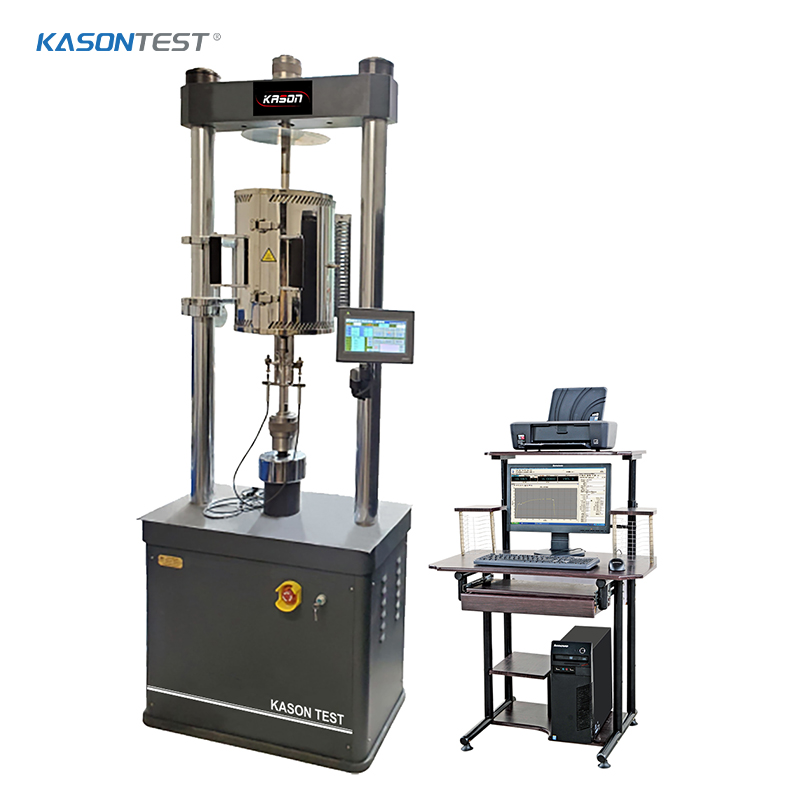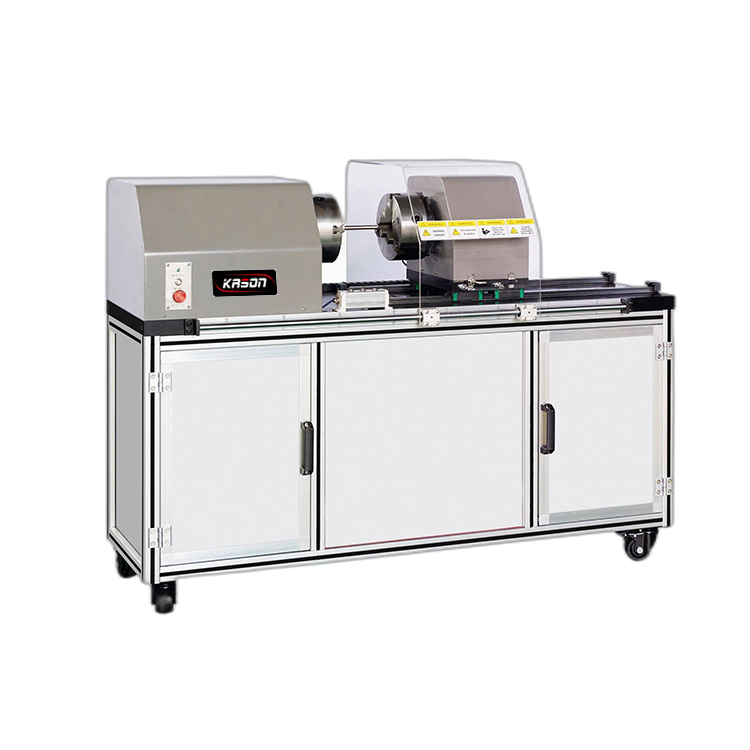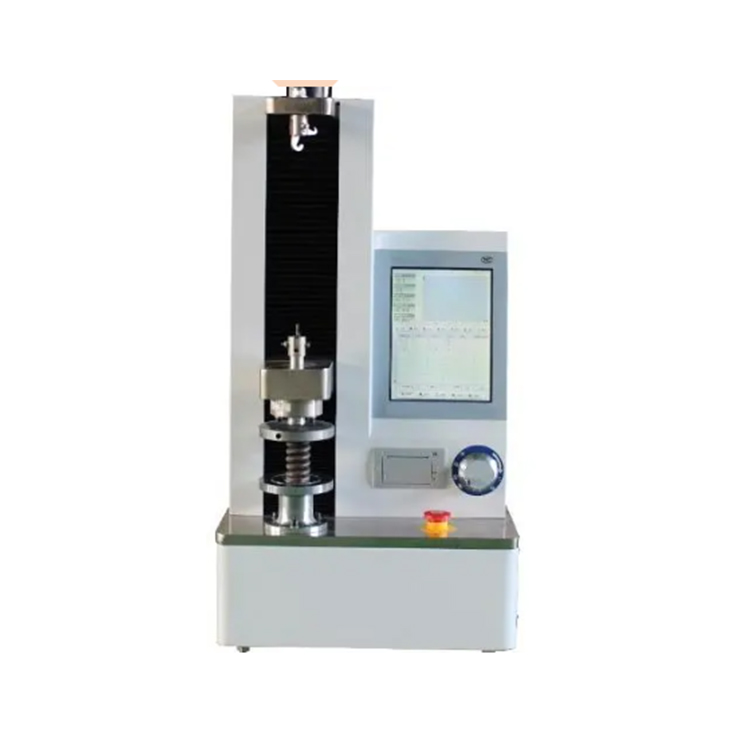ISO 11443 – Rheology of Heat-Curing Elastomers/Silicone at Room Temperature
Heat-cured elastomers/silicone materials have a variety of different applications - ranging from automotive to biomedical - thanks to great characteristics including: flexibility and durability, chemical resistance, fatigue and compression resistance, sealing and insulating properties. Depending on the specific chemistry and compounding, the uncured material can be processed by extrusion, injection molding, or compression molding, and cured by different methods. Rheology plays an important part in characterizing these materials and reproducing the flow conditions of the industrial process.
We were asked to test two types of silicone materials designed for heat curing. This request was to understand their processability and to check the feasibility of testing these materials at room temperature with a capillary rheometer without inducing a curing reaction. We used a Capillary Rheometer with software to analyze the rheological results. Rheological tests, in accordance to ISO 11443 and ASTM D3835, were performed at room temperature by applying constant shear rate steps (from 10 s-1 – 1000 s-1) and measuring the pressure. Tests were repeated several times for each sample to evaluate the repeatability of results.

